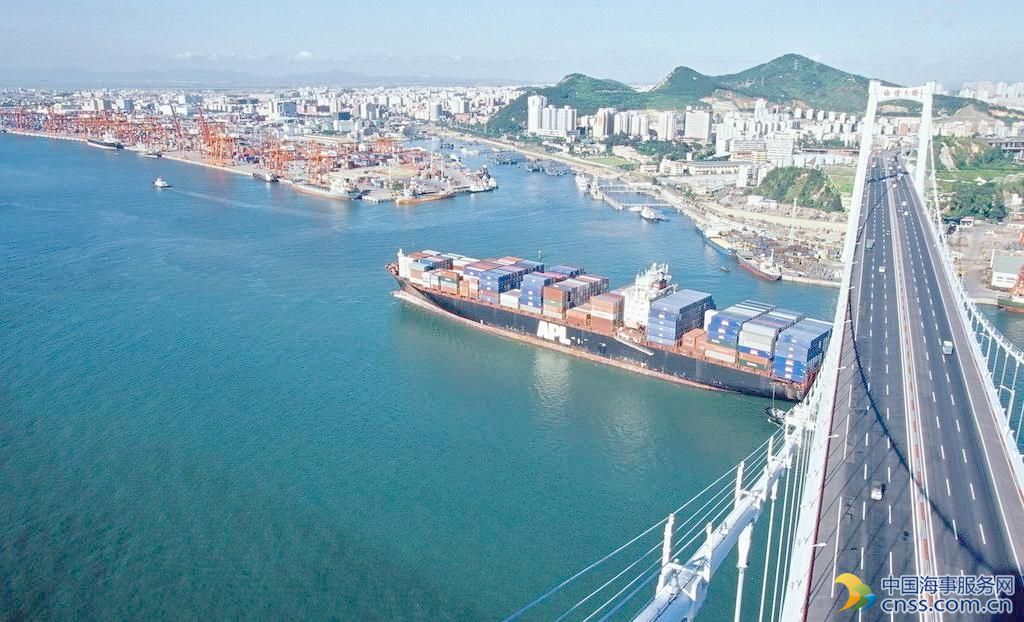Centre spurns Gujarat’s plea to end duty on scrap-ship imports

The Centre has rejected a demand from Gujarat, which leads in ship re-cycling, to give an impetus to the sector by abolishing the 2.5% Basic Customs Duty (BCD) levied on ships imported for scrap.
The state government’s proposal was turned down by the Centre saying such a move will, among other things, harm primary manufacturers of iron and steel because items obtained from the scrap generated from breaking up of ships will compete with the products manufactured by them.
According to the state government, the 2.5% BCD — levied on vessels and other floating structures for breaking up — needs to be eliminated as India’s major ship breaking industry competitors such as China and Pakistan do not impose any customs duty on scrap for ship breaking industries.
Incidentally, there is also a 2.5% BCD on melting scrap of iron or steel (other than stainless steel).
35% global share
India accounted for around 35% share globally in 2014 in ship recycling — the main method of disposal of old ships — in terms of tonnage of ship.
Within India, Gujarat is the leader in the labour-intensive segment as over 90% of ship recycling in India takes place at Alang-Sosiya Ship Recycling Yard.
The yard, developed by the Gujarat Maritime Board in 1982, provides direct and indirect employment to over 1.5 lakh people. So far, the yard has helped recycle more than 7,000 vessels and generate 54 million LDT (Light Displacement Tonnage) steel, the Gujarat government said.
It added that the ship recycling sector fulfils about 2% of the country’s steel demand, besides saving substantial amount of natural resources (as it helps reduce the need for iron ore mining), foreign currency requirement (as it leads to a decrease in imports of iron ore and steel) and reduction in the carbon footprint.
The Centre, in a recent meeting, pointed out that in 2015, following repeated requests of the steel ministry, the BCD on plates of iron and steel, Hot Rolled (HR) coils and Cold Rolled (CR) coils was increased from 5% to 12.5% in two stages.
Domestic steel makers
The move was aimed at protecting domestic steel makers in the backdrop of the decline in prices of these items as well as surge in cheap imports of iron and steel. The Centre said with that duty increase, the ‘duty differential’ between iron or steel scrap and products obtained from such scrap went up to 10%.
It said, therefore, reducing the BCD on ship-breaking further from 2.5% to zero will “disturb the rationalisation in rates between vessels and other floating structures for breaking up and melting scrap of iron or steel (other than stainless steel).”
Eliminating the duty will also increase the ‘duty differential’ (to 12.5%) between ships for breaking up and products obtained from the scrap generated after their breaking up — that is plates of iron and steel, HR Coils and CR Coils. Due to all these reasons, “there is no economic justification” for abolishing the BCD on ships for breaking up, the Centre said.
‘Ship-recycling policy’
The Gujarat government said it had in January 2016 announced a ‘ship recycling policy’ to encourage the segment, promote eco-friendly industrial activity at Alang-Sosiya, as well as to help it tide over the slowdown experienced during 2011-15, when there was a 50% fall in the number of ships dismantled and tonnage.
The State said the factors that hurt the ship recycling industry include rupee depreciation and high volatility against the U.S. dollar leading to ship breakers postponing their purchases (imports of old ships), lower increase in steel prices in India as well as competition from countries such as China, Pakistan and Bangladesh.
Source: The Hindu
HEADLINES
- Do shipping markets want Biden or Trump for the win?
- All 18 crew safe after fire on Japanese-owned tanker off Singapore
- Singapore launching $44m co-investment initiative for maritime tech start-ups
- Cosco debuts Global Shipping Industry Chain Cooperation Initiative
- US warns of more shipping sanctions
- China continues seaport consolidation as Dalian offer goes unconditional